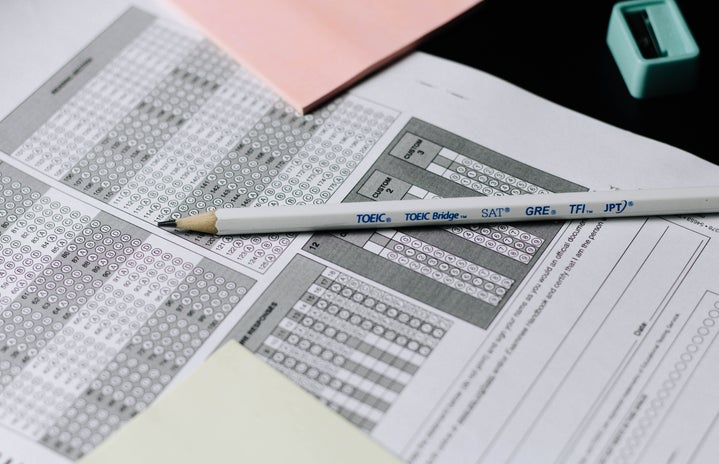The infamous GPA (Grade Point Average) that every university student talks about at least once in their university life. Is it really worth it? A high GPA score will definitely look good on paper, on top of that, you feel confident because you’ve got a good score. (Most) professors and tutors probably say that GPA isn’t all that matters, and that employers are looking for graduates who have had experience in the field that they are applying for. Many anecdotes talk about how students with high GPAs may not necessarily do well in the work environment.
Comparing GPAs
Reddit and UWave are GPA comparison hotspots. Polls will be set up before or after finals to gauge where students’ academic abilities lie. A forum on Quora had an anonymous user commenting that a 4.0 GPA (of a 4.0 scale) does not prove academic ability and how hardworking one is. Most students want that high GPA to feel more secure in college – just don’t fall below average. The culture of comparing GPA constructs an unhealthy environment which pits students against each other.
While competitiveness may be good, the polls online makes those who are already insecure with their GPA more anxious. Take it with a pinch of salt, some comments would write, addressing that some people might ‘lie’ or simply pick the highest GPA selection for fun. The result? It stresses students striving for good grades. Students begin to have even higher expectations of themselves and neglect their own personal well-being in the process. They put themselves under tremendous stress and study till late to have that sense of security of putting in enough effort for assignments and exams. At the end of it all, there would be a sense of gratification achieved for getting decent grades, but what if you don’t get the grades you want?
The bell-curve
Many students resort to blaming themselves for scoring a lower grade than expected. But your abilities should not be questioned if you know you’ve studied. Perhaps, your study method doesn’t compliment your academic ability. Let’s bring in the coveted bell curve. Justified as producing the normal distribution of grades among students, it has been a subject of constant debate among students and academics alike. The bell curve ultimately ensures that the awarding of the ‘A’ grade is given out sparingly, positing that the ‘A’ grade will be devalued if many students achieve it.
Students have spoken out against the bell-curve grading system, noting that they’d work hard during the semester only to achieve a B grade, and that many have lost their motivation to study and everything from marking to grading is very vague. In short, there is no concrete structure and guidebook that dictates the bell-curve. Its lack of transparency makes the grading system vague. On the other hand, the bell-curve lets students see and compare their academic performance to others. An ‘A’ grade would definitely mean you’re doing everything right, and a ‘B’ grade would mean you’re average. The bell-curve has definitely meddled in the grading system, and the final grades will be met with a negative or positive effect.
When would a high GPA matter?
A high GPA is generally sought after when students are aiming at graduate education. Working in civil service may also require students to have a high GPA. Universities generally look for a second upper or first class GPA standing for aspiring graduate students. In the workplace, many employers attribute high GPAs to a strong work ethic. Recent graduates would usually have little to no working experience, therefore, a high GPA would be a positive indicator of future performance in the job. Your GPA will probably always be the first thing a company looks at, but that doesn’t mean that you would do well in the workplace (a 4.5 and above GPA with low interpersonal skills working in a front line job which requires communication). Social skills cannot be learned, but experience in communicating with others definitely helps.
Getting internship experience and finding and honing five skills you already have might be a better bet at getting and securing that job you want in the long term. Internships allow you to experience how you’d handle situations and tasks pertaining to that job. Relying on a high GPA might get you in, but work ethic and the ability to communicate actively with your boss and team are more important in retaining that job.
So while a high GPA looks good on paper, it can only get you so far in the working world. Start by getting meaningful internships, especially in the summer where you get 1-3 months of work experience in the professional field.


